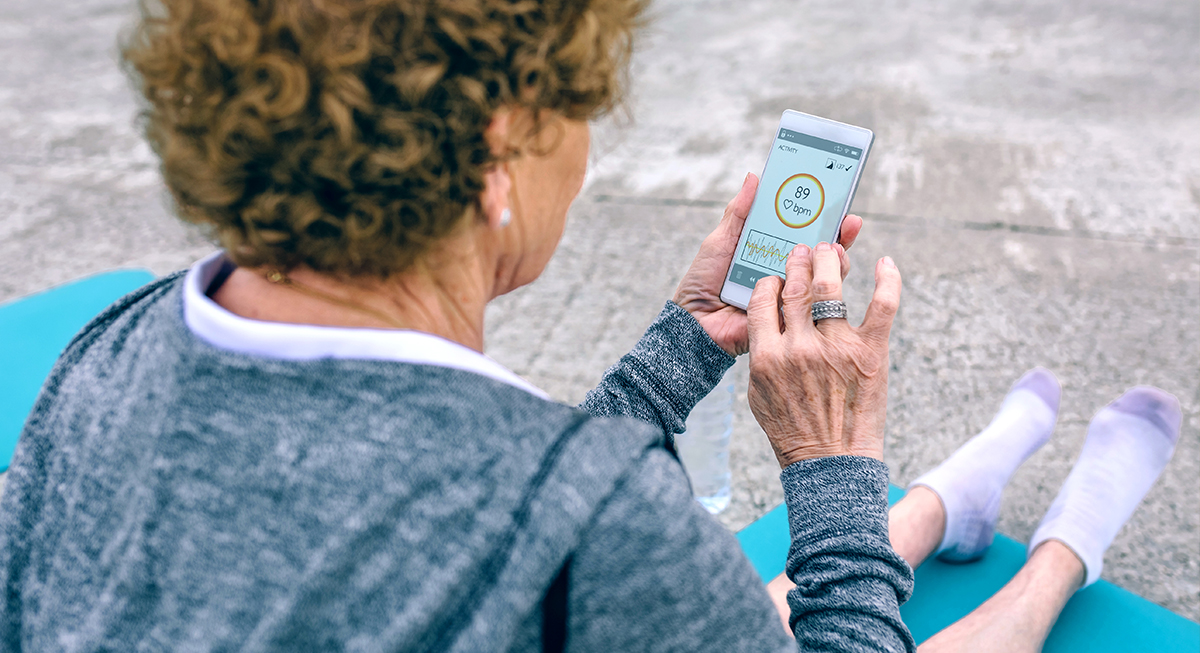What does it take to be financially healthy in 2020? If you ask a consumer credit expert or someone at the Consumer Financial Protection Bureau, the advice may have a lot to do with the timing of your payments and not just how much you are able to pay and save in the new year.
Buying A Car In 2020
If you plan to buy a car in the new year, staying financially healthy means not only shopping for the best new car or used car deal you can find. It also means getting the most competitive loan interest rates and terms. It’s best to avoid dealer financing if at all possible.
Why? Compare the interest rates with your current lender to the interest rates offered by the dealer’s finance company. That will tell you everything you need to know.
Buying A House In 2020
If you are thinking about hiring a real estate agent and looking for property in the new year, there are three factors to pay attention to; interest rates, the length of the loan (15 or 30 years) and how long you plan to keep the house before selling, refinancing, or transferring it to someone else.
It’s important to consider your financial goals when making these plans since selling or refinancing can be big factors.
Just like with used car shopping, you will want to compare lenders as well as houses. Interest rates in 2019 were very borrower-friendly; it’s not certain whether those trends will continue into 2020 for the long haul. Don’t assume rates will stay low.
Make a plan to deal with rising rates if you are closing to committing to a home and want to discuss a mortgage loan interest rate lock commitment with your loan officer.
Buying Personal Items, Groceries, and Clothes In 2020
Can you avoid using your credit cards in 2020 to buy consumables such as food and personal items? The key here to ask yourself how much interest you will pay on your purchase and for how long compared to how long the purchases you are making will last.
Paying 14% interest on a $75 date night meal doesn’t make any sense unless you plan to pay off that purchase the following month.
Spend the same money on cheap Kiss records you will play again and again on your vinyl record player, or on collectibles that go up in value and you reap a benefit you do NOT get when buying perishables with the same card.
Paying interest over the long-term for durable goods and items that will last a long time makes more sense than paying interest on things you consume quickly and never see or use again.
If you can restrict your credit card use to things you will still be using in a year, two years, five years, you may see a direct financial benefit.










